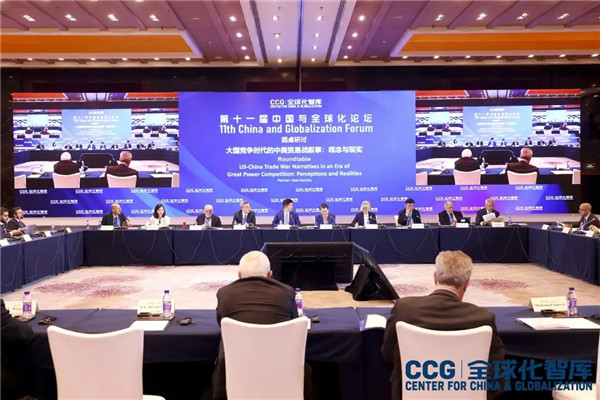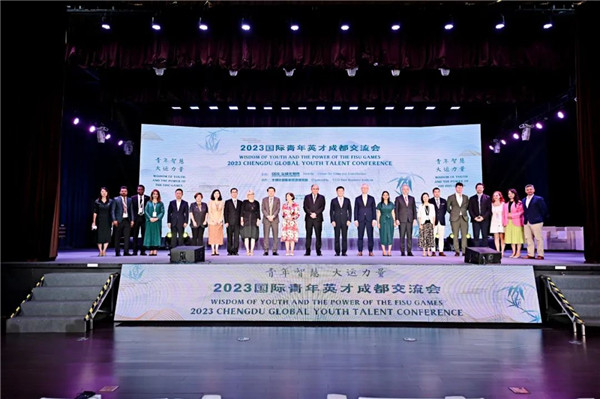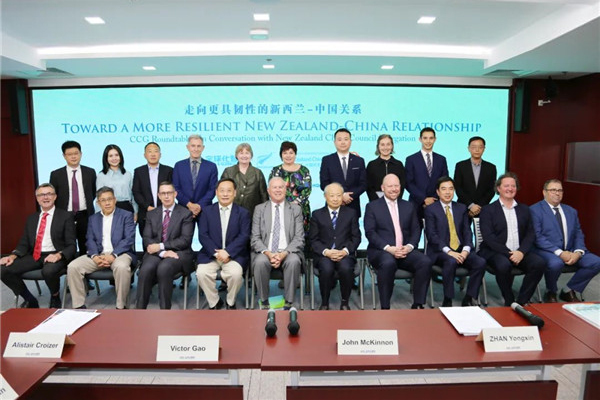How will Sino-US economic tensions play out? Experts from both sides share views
In recent days, President Trump directed the US Trade Representative’s office to draw up a list of $200 billion worth of Chinese goods to subject to an additional 10% tariff, up from the initial threat of $50 billion worth. In response, China’s Ministry of Commerce said that China will respond with qualitative and quantitative measures against the US if Trump’s threats are carried out.
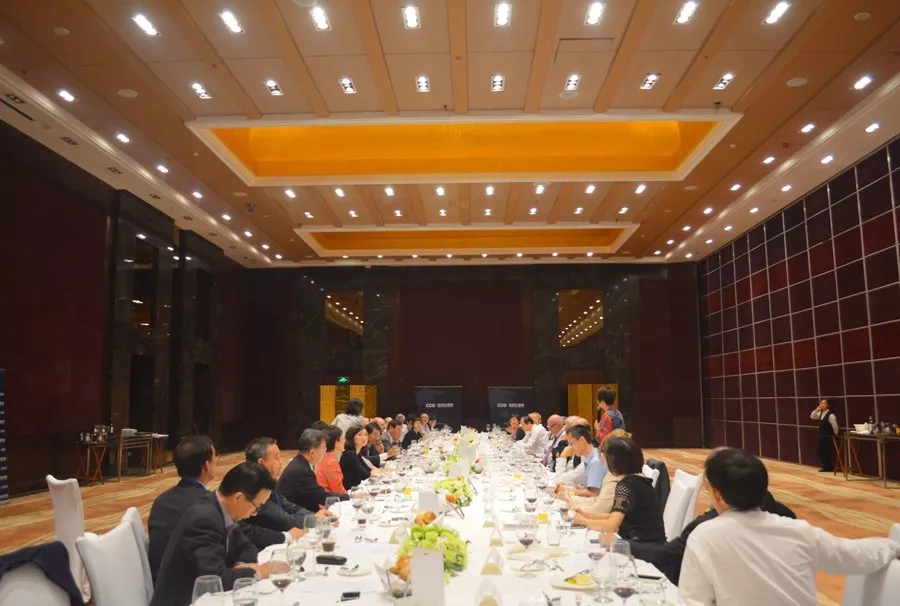
Against the backdrop of these escalating trade tensions, on June 17, CCG convened a symposium titled “US-China relations in the shadow of trade war.” Leading experts from China and the US participated in the event, sharing views and recommendations on the current situation and prospects for Sino-US relations.
Participants emphasized that it is important for those in the policymaking community to maintain reason-based assessment to avoid a mutually harmful trade war. There was a consensus view that both sides should make the most of the remaining window to resolve the issue through negotiations.

Michael Pillsbury, Director of the Center for China Strategy at the Hudson Institute
Distinguished experts from the US present included Michael Pillsbury, who has influence as an advisor to the Republican Party and White House on China affairs. Pillsbury stressed that Washington’s move to impose tariffs is designed to send a clear signal to Beijing and that Chinese experts should undertake thorough research to avoid misjudging US policy.

Terry Miller, Director of Center for International Trade and Economics at the Heritage Foundation
Also present was Ambassador Terry Miller, who focuses on free markets in his role as director of two research centers at The Heritage Foundation, a leading conservative think tank with influence in the Republican party. Miller stressed that during the current tensions we should remember how intimately linked the US and Chinese economies are, and that erecting trade barriers is in nobody’s interest.
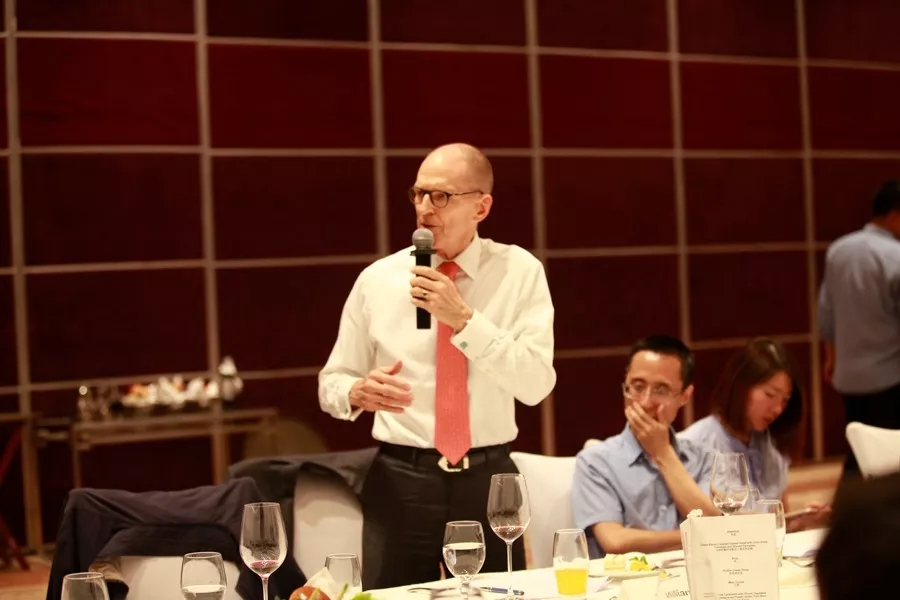
William Zarit, Chairman of AmCham China
William Zarit, chairman of AmCham China, said that US businesses hope that there can be a fundamental readjustment of the economic relationship to fix unfair treatment. He said that the current Sino-US economic conflict is the most serious in 40 years and that if China maintains its current policies in support of state-owned enterprises and restrictions on foreign capital and products, there is a real risk of head on collision between the two countries.
Meanwhile, Chinese counterparts also expressed their views on the current situation.
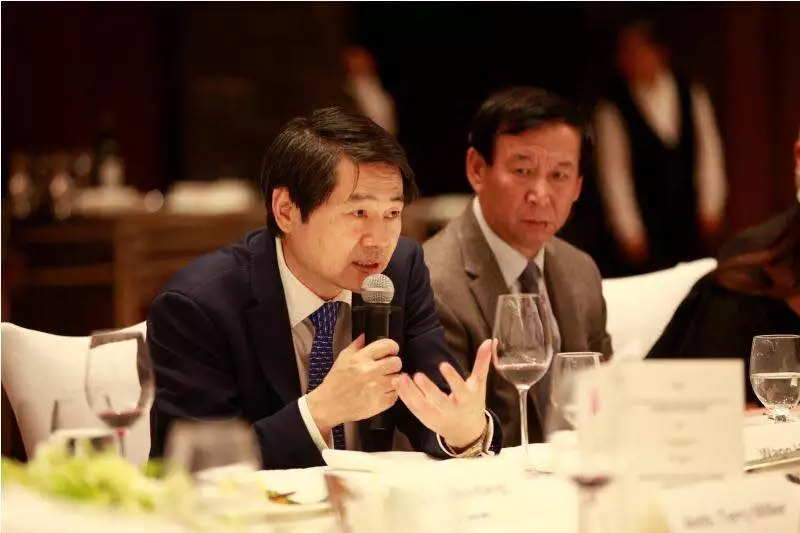
Wang Huiyao , President of the Center for China and Globalization (CCG)
CCG President Wang Huiyao said that we should not focus solely on the trade imbalance and ignore the great potential for both sides to cooperate and reduce the deficit. In particular, Wang pointed to energy, infrastructure, and services as promising areas for cooperation.
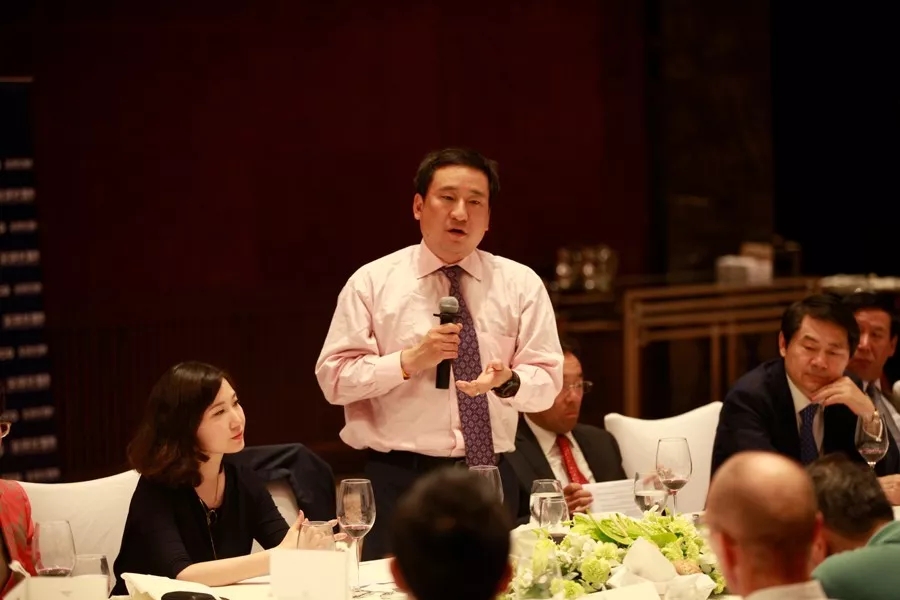
Frank Wu, President of the Committee of 100
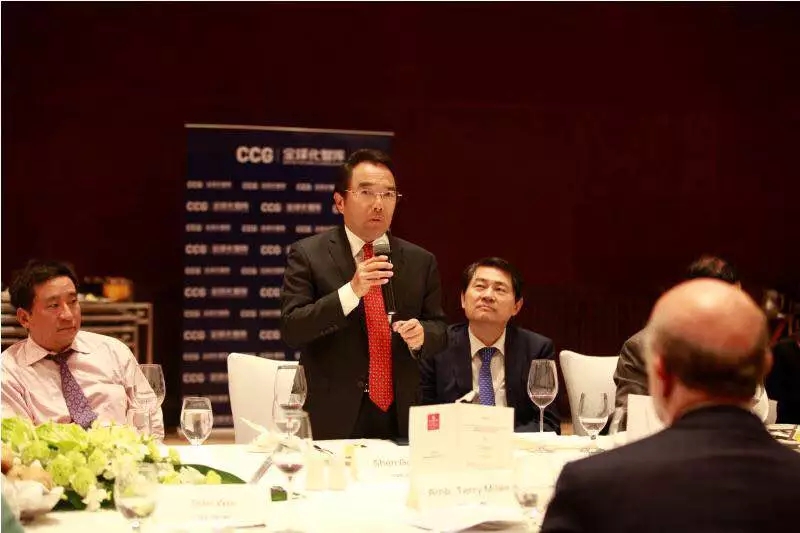
Shen Guofang, former spokesman of Ministry of Foreign Affairs, former vice representative and ambassador to the United Nations
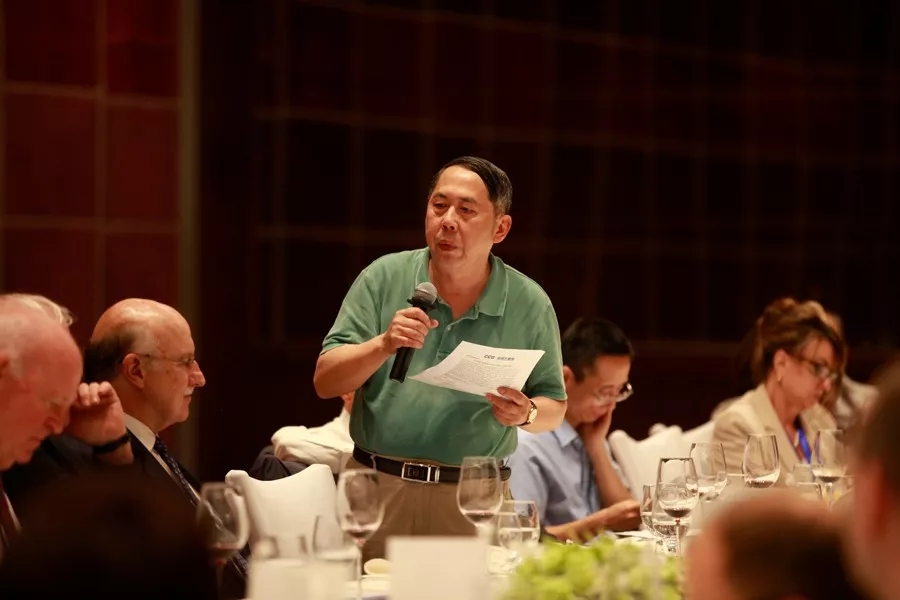
Shi Yinhong, Chairman of Academic Committee of the School of International Studies, Renmin
University of China
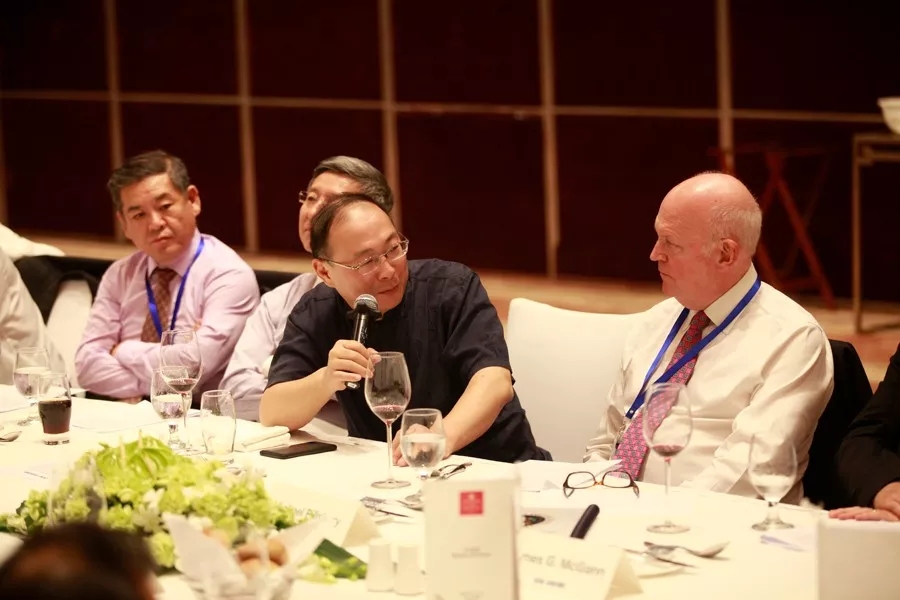
Jin Canrong, Vice Dean of School of International Studies, Renmin University of China

Cui Fan, professor at the University of International Business and Economics
Cui Fan, professor in the School of International Trade and Economics at the University of International Business and Economics, pointed out that US unilateral sanctions violate WTO rules and go against basic principles of the multilateral trading system. He said that while China should stay firm to its baseline position, further market opening could be beneficial to China’s reform and opening process and that there is space to discuss a new global market economy system.
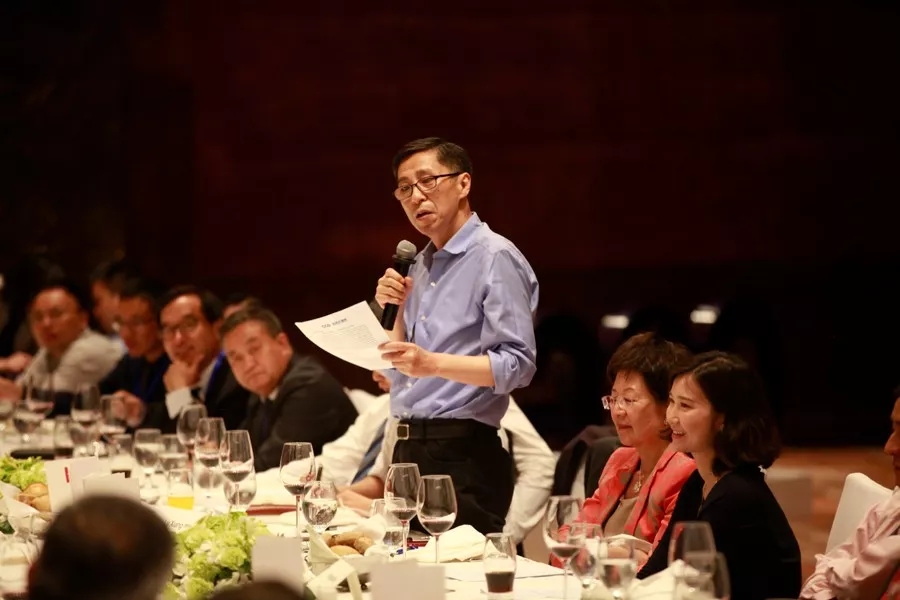
Lv Xiang, research fellow of the Institute of American Studies at CASS
Lv Xiang, CCG non-resident senior fellow and research fellow of the Institute of American Studies at the Chinese Academy of Social Sciences, emphasized that China must fully understand President Trump’s objectives and make adequate preparations for a potential worst-case scenario.
At a critical time for Sino-US relations, CCG working to facilitate dialogue between experts from both side to help strengthen bilateral cooperation and understanding.
